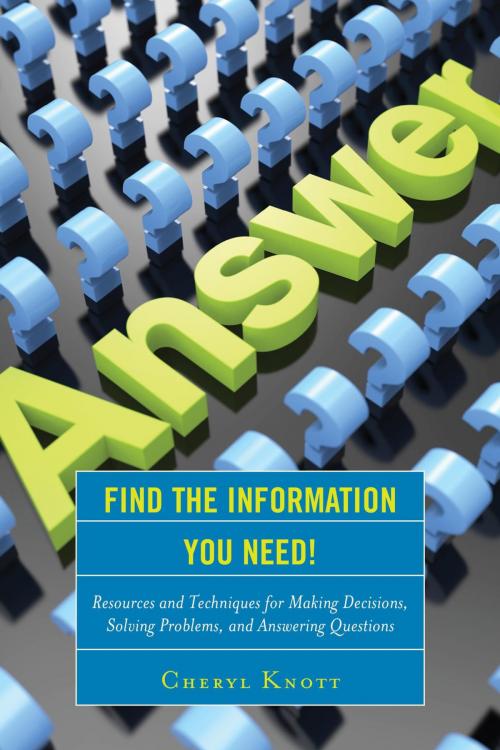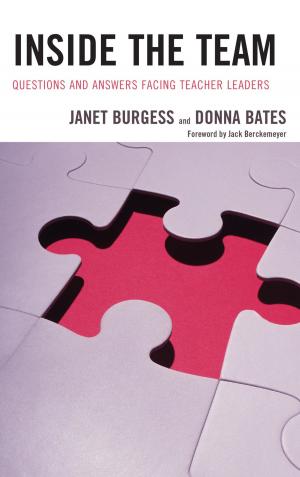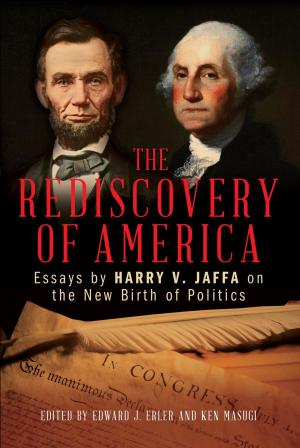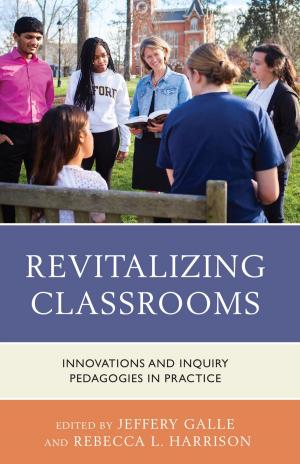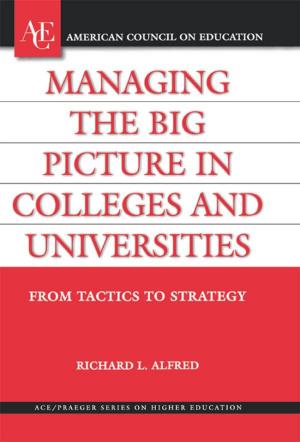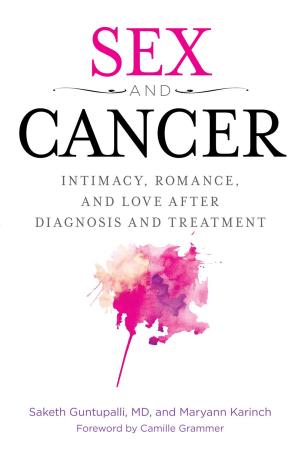Find the Information You Need!
Resources and Techniques for Making Decisions, Solving Problems, and Answering Questions
Nonfiction, Reference & Language, Language Arts, Library & Information Services| Author: | Cheryl Knott | ISBN: | 9781442262492 |
| Publisher: | Rowman & Littlefield Publishers | Publication: | February 15, 2016 |
| Imprint: | Rowman & Littlefield Publishers | Language: | English |
| Author: | Cheryl Knott |
| ISBN: | 9781442262492 |
| Publisher: | Rowman & Littlefield Publishers |
| Publication: | February 15, 2016 |
| Imprint: | Rowman & Littlefield Publishers |
| Language: | English |
Find the Information You Need! is designed for the person who suspects that Google and Facebook aren’t always giving them the best results for their specific information needs. Created for anyone who wants to understand how to select better information resources, deploy smarter search strategies, and evaluate results more effectively, Find the Information You Need! provides:
-
concrete exercises demonstrating successful queries on a variety of topics;
clear explanations of search techniques and when to use them;
descriptions of the different types of information resources available including commercial databases, digital libraries, and open-access repositories; and
helpful advice about evaluating and organizing search results.
No existing book offers what Find the Information You Need! does: a plain-language text that teaches the layperson--the end-user--what information brokers, competitive intelligence professionals, and librarians know about finding authoritative information.
A key advantage of this handbook is its arrangement. Students in an information discovery course can work through the book in a linear fashion from beginning to end. Others can dip into the text at any point that serves their needs. It someone is only interested in figuring out the best non-profit for their donations of money and time, they can use the chapter presenting exercises and explanations for exactly that kind of search. If they’re intrigued by the exercises, they can use the chapters explaining the more technical side of information organization and access to learn more.
Find the Information You Need! is organized into two main sections. Section I, Make It Work, helps the become a better searcher right away by supplying practical exercises to try. The six chapters in Section I focus on concrete steps to take for results and gives only as much explanation as needed to prevent confusion. The six chapters in Section II, How and Why It Works, provide technical details and explanations of search systems and retrieval methods. Three appendices present carefully selected web-based resources where readers can find information for a broad swath of subjects. Appendix I focuses on commercial databases accessible from state library websites, at no charge to residents of the respective states. Appendix II lists freely available encyclopedias including not only Wikipedia but many others that are more focused and more authoritative. Appendix III provides links to a variety of information resources including health-related data and guidance from U.S. government agencies, huge digital libraries from major educational institutions, and other troves of knowledge treasures.
Find the Information You Need! can be used by high school and college students undertaking research assignments. But it treats such assignments as a quest for information that anyone in the real world of business, government, the sciences, journalism, and other fields might undertake. As a result, anyone wanting to go beyond the usual web search engine and the biases built into its algorithms can use the book to learn specific, sophisticated resources and techniques not only to search, but to also actually find useful, authoritative information.
Find the Information You Need! is designed for the person who suspects that Google and Facebook aren’t always giving them the best results for their specific information needs. Created for anyone who wants to understand how to select better information resources, deploy smarter search strategies, and evaluate results more effectively, Find the Information You Need! provides:
-
concrete exercises demonstrating successful queries on a variety of topics;
clear explanations of search techniques and when to use them;
descriptions of the different types of information resources available including commercial databases, digital libraries, and open-access repositories; and
helpful advice about evaluating and organizing search results.
No existing book offers what Find the Information You Need! does: a plain-language text that teaches the layperson--the end-user--what information brokers, competitive intelligence professionals, and librarians know about finding authoritative information.
A key advantage of this handbook is its arrangement. Students in an information discovery course can work through the book in a linear fashion from beginning to end. Others can dip into the text at any point that serves their needs. It someone is only interested in figuring out the best non-profit for their donations of money and time, they can use the chapter presenting exercises and explanations for exactly that kind of search. If they’re intrigued by the exercises, they can use the chapters explaining the more technical side of information organization and access to learn more.
Find the Information You Need! is organized into two main sections. Section I, Make It Work, helps the become a better searcher right away by supplying practical exercises to try. The six chapters in Section I focus on concrete steps to take for results and gives only as much explanation as needed to prevent confusion. The six chapters in Section II, How and Why It Works, provide technical details and explanations of search systems and retrieval methods. Three appendices present carefully selected web-based resources where readers can find information for a broad swath of subjects. Appendix I focuses on commercial databases accessible from state library websites, at no charge to residents of the respective states. Appendix II lists freely available encyclopedias including not only Wikipedia but many others that are more focused and more authoritative. Appendix III provides links to a variety of information resources including health-related data and guidance from U.S. government agencies, huge digital libraries from major educational institutions, and other troves of knowledge treasures.
Find the Information You Need! can be used by high school and college students undertaking research assignments. But it treats such assignments as a quest for information that anyone in the real world of business, government, the sciences, journalism, and other fields might undertake. As a result, anyone wanting to go beyond the usual web search engine and the biases built into its algorithms can use the book to learn specific, sophisticated resources and techniques not only to search, but to also actually find useful, authoritative information.
